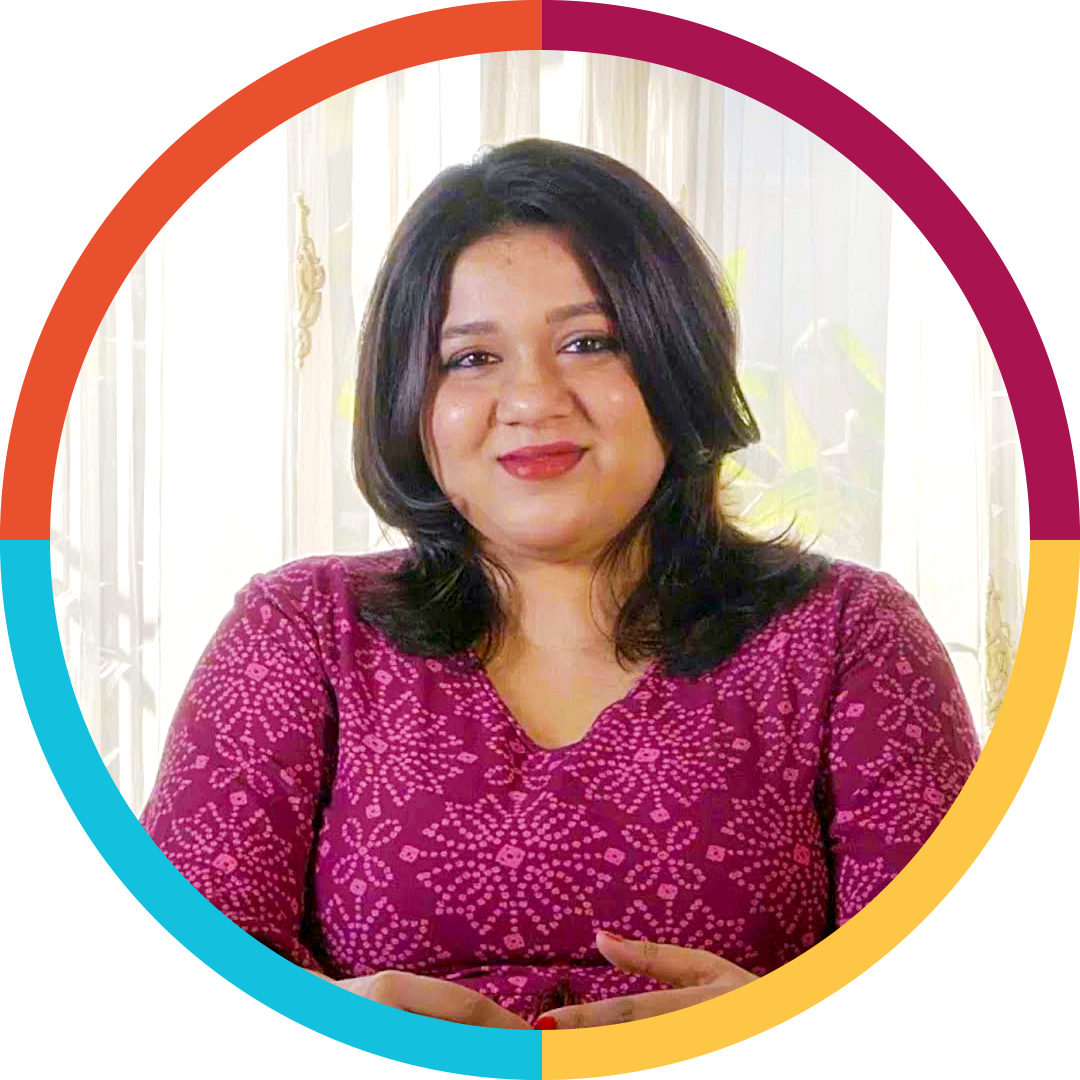PEOPLE. PARTICIPATION. PROGRESS.
In 2018 and 2019, the NCD movement united under the ENOUGH. campaign, ahead of the UN High-Level Meetings on Noncommunicable Diseases (2018) and Universal Health Coverage (2019), where governments made many ambitious commitments to improve health for all. From 2020 until the next UN High-Level Meeting on NCDs in 2025, via the UN High-Level Meeting on Universal Health Coverage (UHC) in 2023, the Global Week for Action on NCDs aims to demand action which will help existing commitments actually become reality so that all people can enjoy healthier lives.
In 2021, we are celebrating the power and potential of communities to act together on NCDs and drive change
Governments’ recognition and meaningful involvement of diverse civil society community groups - including people living with NCDs - in how societies deal with NCDs has been too slow and inconsistent. Everyone in society plays a critical role in accelerating progress on health - as change agents, demand creators, campaigners and drivers of innovation, in monitoring and surveilling, and holding governments to account. Everyone has the right to participate in decision making, helping authorities to deepen understanding of the needs of communities including people living with NCDs, identify gaps, explore and develop options in response to challenges, understand the impact of decisions on different people and groups; and balance inputs, perspectives and interests.
Governments have committed to many targets for NCDs and healthcare for all through the United Nations (UN), such as World Health Organization (WHO) NCD targets and the Sustainable Development Goals (SDGs). But fulfilling these commitments will take participation from the entire community - in fact, in the 2018 UN Political Declaration on NCDs governments committed to “promote meaningful civil society engagement and amplify the voices of and raise awareness about people living with and affected by NCDs”. Furthermore, SDG target 16.7 aims to “Ensure responsive, inclusive, participatory and representative decision-making at all levels."
We can all help ensure that commitments made translate into targets met, to turn back the tide on the current NCD epidemic and improve health for all. We’ve seen through COVID‑19 the devastating effects of neglect of NCDs and failure to invest in our health systems - it’s time to stop making the same mistake.



